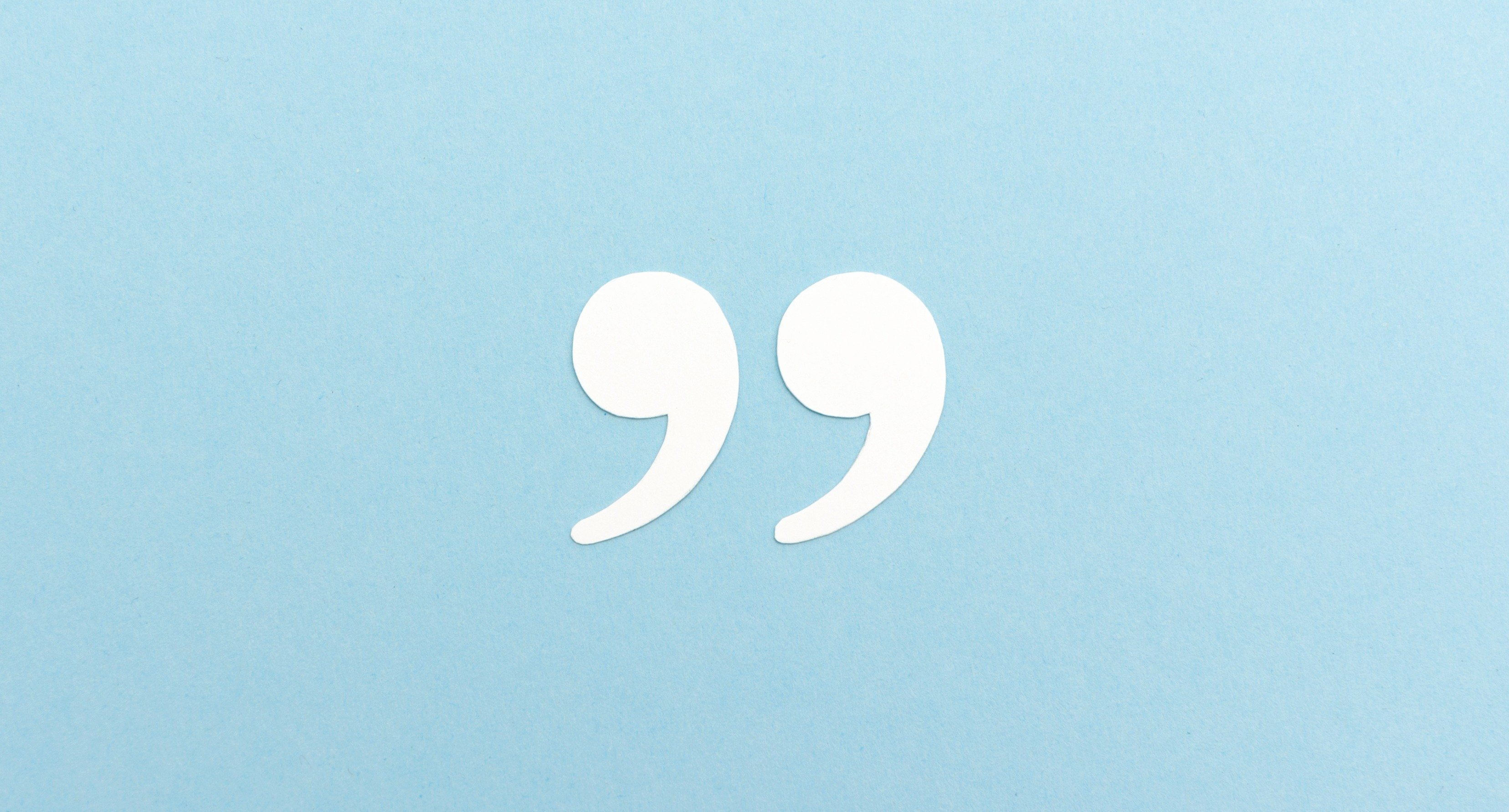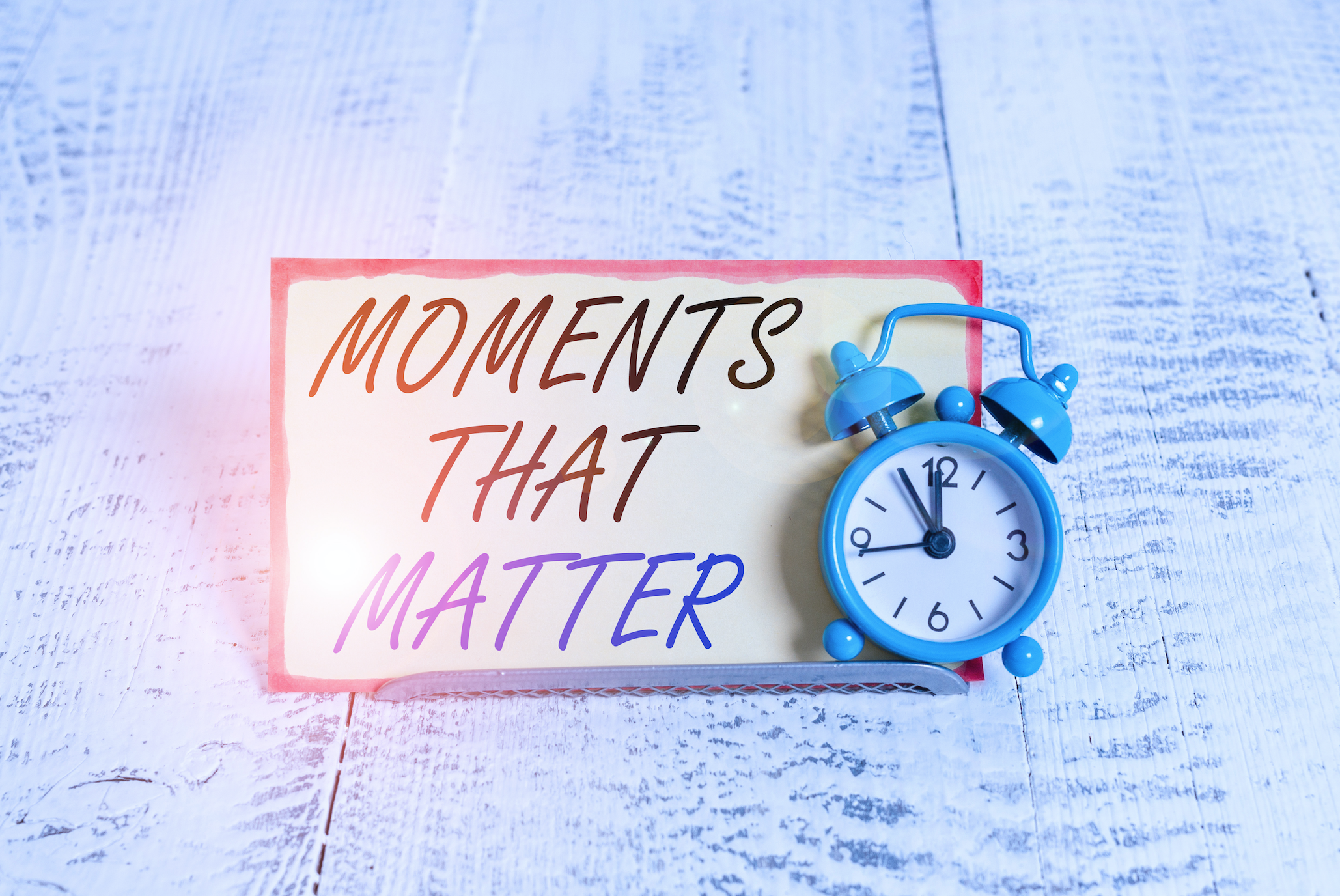It is clear to see that as consumers, one prefers an environment where employees are eager to help and appear to be happy at work much more than an environment where no one seems motivated to help and employees appear disgruntled. In order to engage employees and make their work something worth showing up to, companies are investing in customized incentive program solutions. There are three main ways that an incentive program can help to create a happy staff and overall positive attitude in the work place.
Employee award programs make employees happier because it gives them an incentive to come to work every day. Although some jobs can be difficult at best, offering incentives for a job well done can make the workplace more competitive and interesting. For example, one client of mine has call center employees that participate in an awards program at work and earn merit points everyday towards name brand gifts. Workers check leader boards online daily to see who has the most points earned overall and helps to foster friendly competition in the workplace.
By making the workplace more appealing, great results can be achieved. A Californian grocery chain was cited by Forbes magazine as providing incentives to employees in an effort to make the workplace worth traveling to every day. In an industry that deals with an average of 20% turnover, an incentive programassisted this chain to decrease its turnover rates to 12%. The chain is growing at a rapid pace and is able to attract and retain workers in an industry that historically was unable to do so as a result of the employee incentive program.
Award programs also make employees happy by encouraging development on both individual and team levels. An article in The Star Tribune featured an interview with management trainer/author Michael Monroe Kiefer who recommends award programs that foster teamwork with goals that require group effort while also rewarding individual accomplishment.
"Companies are trying to foster teamwork but only rewarding the individual," says Kiefer. “A better solution is to reward both the team and exceptional individuals. That fosters teamwork and without individual recognition, there's no incentive for your superstars to perform."
The final main way an incentive program can help to make employees feel happier is that they are given recognition for a job well done on a consistent basis. Motivating people is not just about a financial investment, but also an emotional one. An April 2008 Business Week article mentions that if the relationship between direct managers and employees is to survive, it will require some emotional investment on behalf of both parties. Showing genuine concern for employee well being, providing feedback and open communication and encouraging professional development with an employee incentive program is one way to make this connection.
Happy employees are indeed better employees and will help to generate a positive work environment that both customers and employees will better appreciate. Gregory P. Smith comments on the results of one organization’s efforts to satisfy employees in the article Happy Employees Make Productive Employees, “When employee attitudes improved by 5%, customer satisfaction jumped 1.3%, consequently increasing revenue by .5%. Seeking ways to motivate and build worker morale pays dividends to any business or organization. The motivated worker is more committed to the job and to the customer.”
The end result when an organization invests in employees both emotionally and financially is plain to see-happy customers and increased revenues. Employee incentives can truly have bottom line impact and make the workplace somewhere employees look forward to coming to.







Leave a Comment